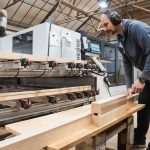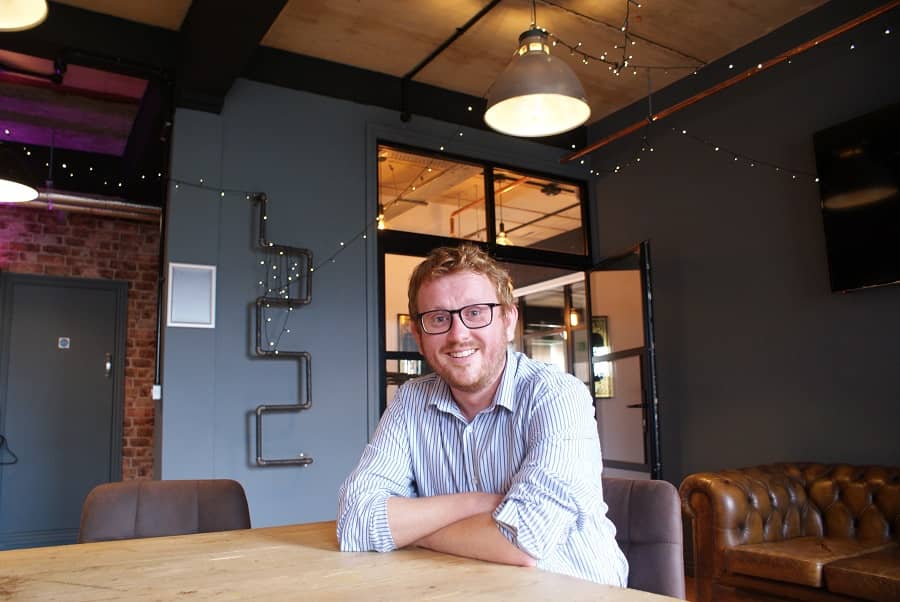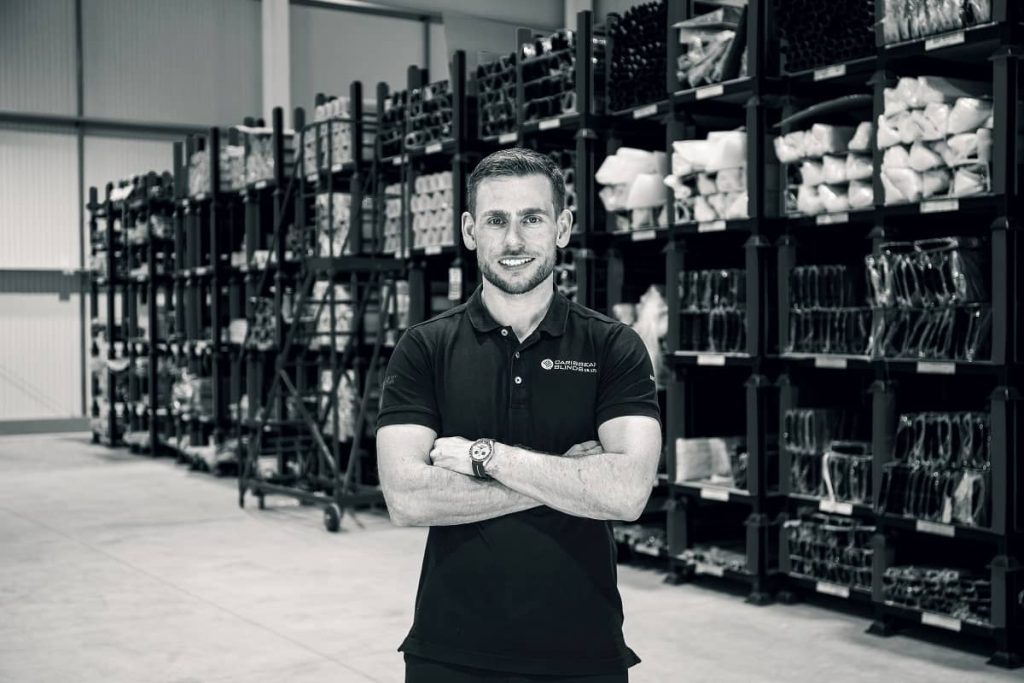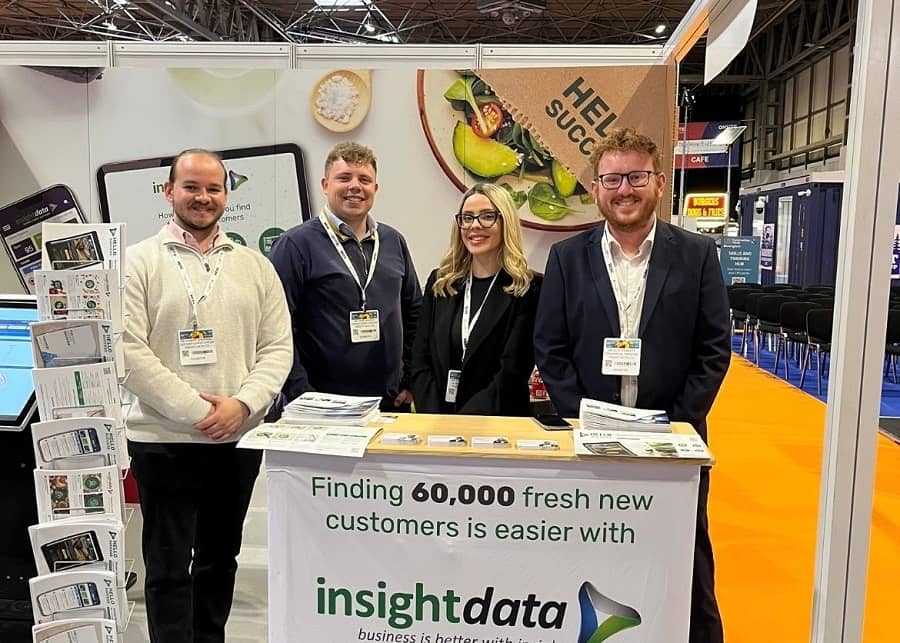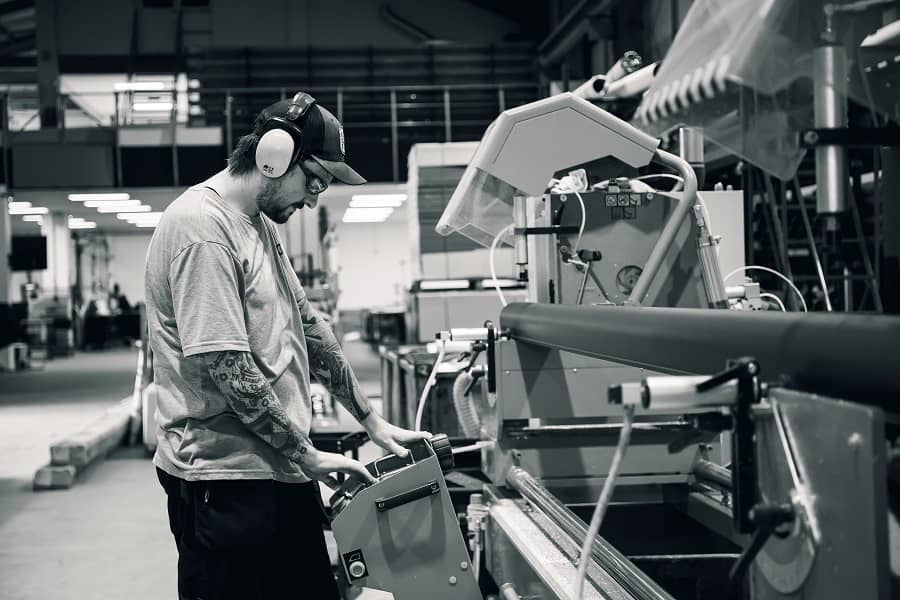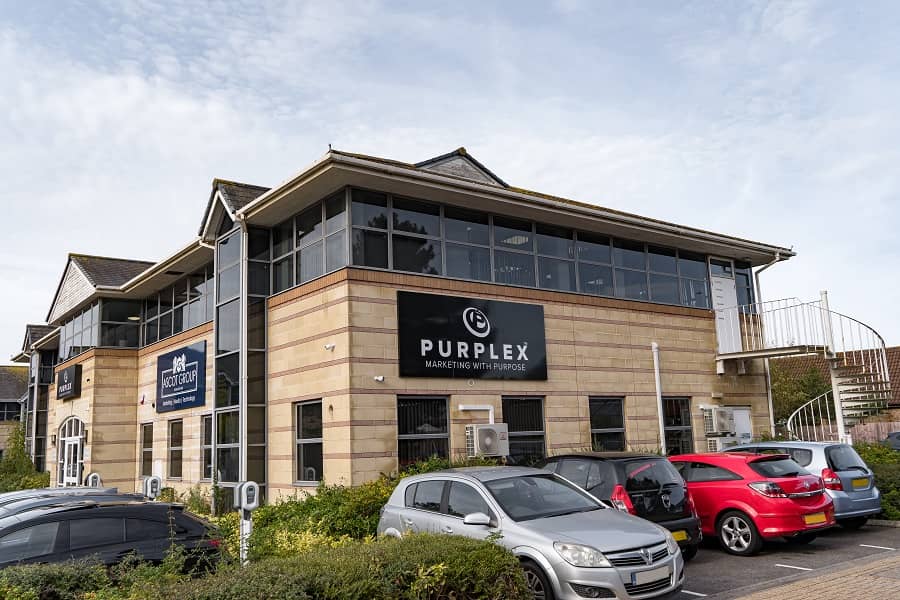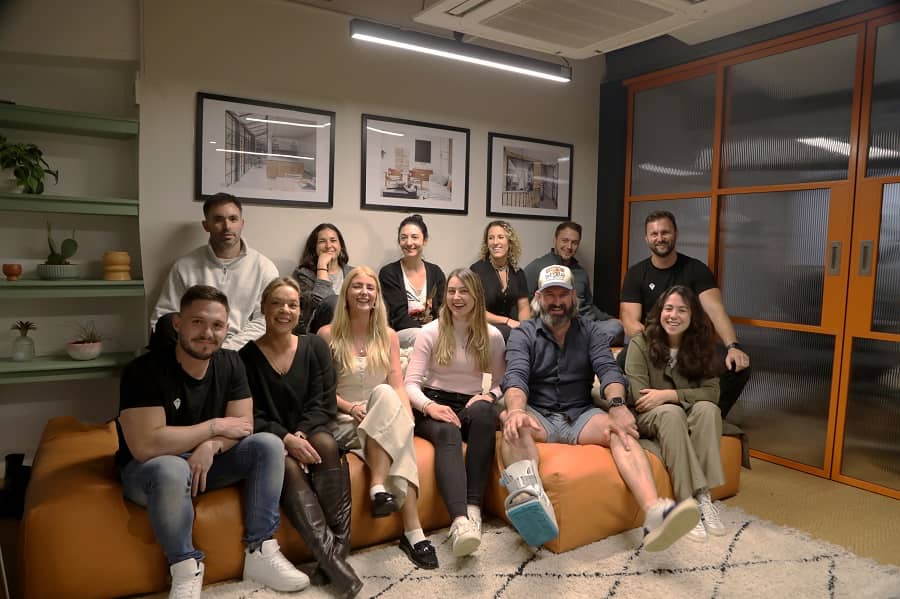Warwick business secures £250k investment for innovative greenhouse technology

Warwick-based RIPE Building Services Ltd (RIPE) has secured a £250k investment from the Midlands Engine Investment Fund (MEIF) West Midlands Equity Fund, managed by Midven.
The funding is set to support the firm’s ground-breaking greenhouse system, which enables growers to increase output by capitalising on full-spectrum natural daylight.
The MEIF funding will enable RIPE to begin its sales and marketing activities, where the company will demonstrate the greenhouse system in full action at the UK Natural Light Growing Centre at the University of Warwick’s Wellesbourne Campus. This will give growers and other interested parties an opportunity to get a better understanding of how changing greenhouse systems can improve their overall crop performance.
RIPE has created an advanced greenhouse structure replacing outdated glass design with a patented nano surface treated ETFE glazing material which is not only 100% recyclable but fully reusable. It also utilises lightweight, specially designed aluminium frames with patented ground anchors that eliminates the need for concrete foundations.
This new greenhouse structure offers growers and farmers better light transmission, increased yields, and greater plant health compared to traditional glass greenhouses. Utilising ETFE, RIPE brings sustainable improvements to global food production – enhancing growth and harvest in a natural way. ETFE can also be used in polytunnels which means the business can address all of its customers’ growth requirements.
RIPE was founded by Phillip Lee and Thomas Smith in 2017. With a PhD in Advanced Greenhouse System Design, Lee was determined to replace outdated glass design with ETFE to create better growing environments while having sustainability at the forefront.
Phillip Lee, director at RIPE Building Solutions Ltd, says, “RIPE’s goal is to achieve truly sustainable, optimal food production using a set of technologies and techniques we collectively call ‘Natural Light Grown.’ This is based on a complete biomimicry approach to all aspects of the process of crop production – beginning with the most important aspect – natural daylight. The best possible place for us to start with creating optimal growing conditions is to learn from the plants, not impose our views of technology on them.
“Only 10-15 years ago multinational corporations were pouring billions into red and blue LEDs as the panacea to global food production. Now they realise green light is equally as critical to growth. The very high use of energy in our sector is something we are particularly focused on impacting substantially, and RIPE looks forward to contributing to the UK sector’s sustainable toolbox of solutions going forward.”
Giovanni Finocchio, investment director at Midven, says, “Increasing quantities and improving quality of food crops is vital, if we want to feed our populations and reduce the mileage food travels from grower to consumer. Extending the crop growing period, harvesting larger quantities and better quality, fresh produce leads not only to savings and better margins for growers but also to a better environment and planet. Therefore, an investment into RIPE makes perfect sense. We look forward to working with Phillip and the team.”
Grant Peggie, Director at the British Business Bank says, “The MEIF is committed to the Midlands’ Green Growth agenda. RIPE is a great example of the innovative businesses that the Fund can support – with investment, provided by Midven, enabling the company to demonstrate and roll out its greenhouse system. This will help facilitate RIPE’s long-term growth and support the Midlands Green Growth objectives.”
Sean Farnell, board director at the Coventry and Warwickshire Local Enterprise Partnership, says, ”Creating the environment for innovation and enterprise is one of the key aims of the CWLEP’s Strategic Reset Framework and RIPE is carrying out ground-breaking work which will be extended by this funding. This Warwick business is certainly aiming to solve the critical issues facing growers to help with our green sustainable future.”


